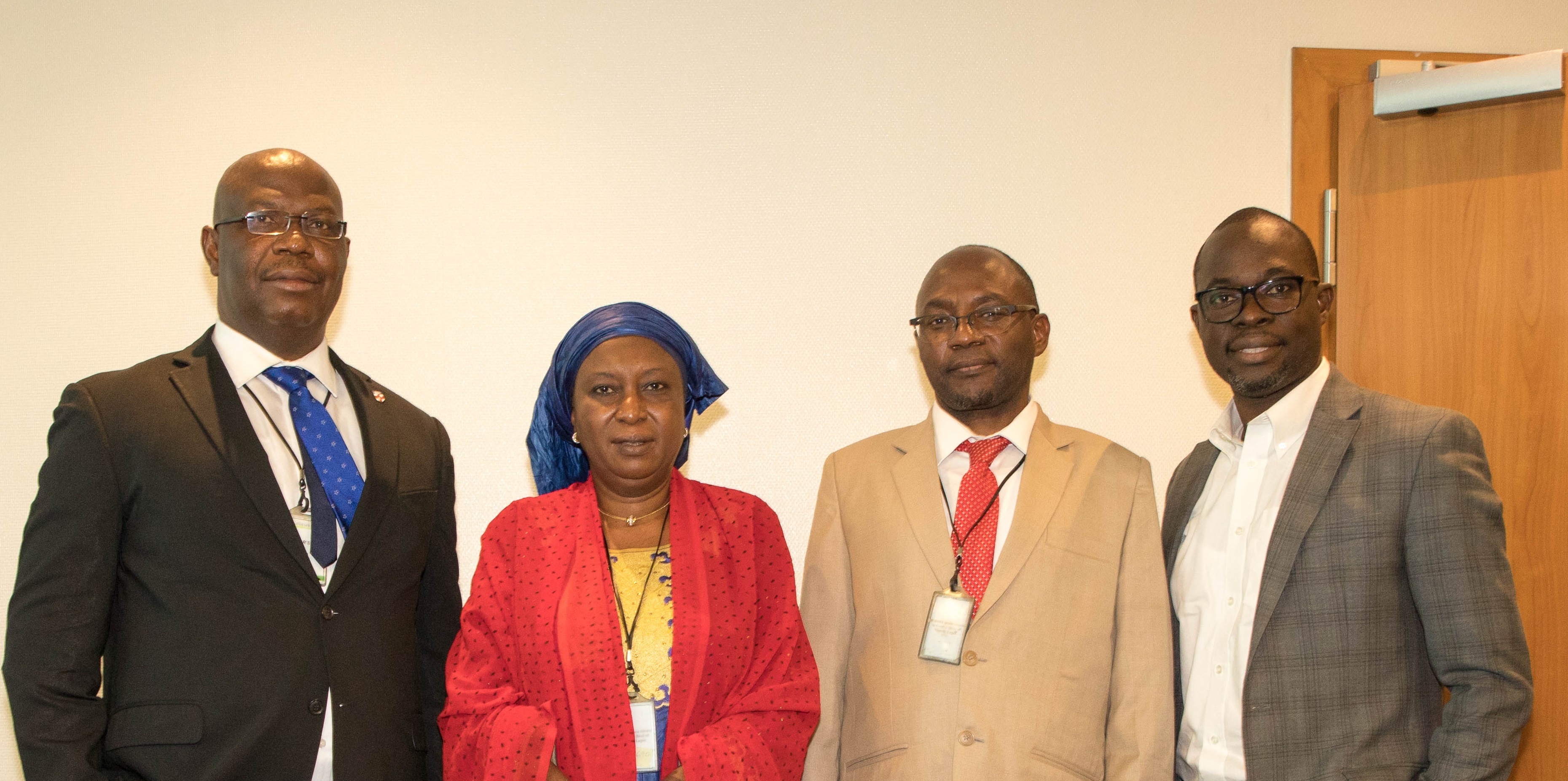The centralization of multiple bank accounts through the implementation of the Treasury Single Account(TSA) currently saves the Nigerian government over N45 billion monthly on interests.
This was revealed by the Director of TSA, Office of the Accountant-General of the Federation (OAGF), Sylva Okolieaboh in Lagos during a session with a Gambian delegation that had come to understudy Nigeria’s TSA, and key players in Nigeria’s FinTech sector on Monday.
According to Okolieaboh, the Gambians came to Nigeria, because they have discovered that the country has made a lot of progress in implementing the TSA coupled with advice by the International Monetary Fund (IMF) to come. “We have been sharing our experiences with them. We have also brought them here to Lagos to meet with key players in the payment sectors,” he said.
Speaking to newsmen on the sidelines of the meeting in Lagos, the TSA Director said:
“In a country like Nigeria, where people don’t obey ordinary traffic rules, for you to bring in all the Ministries, Departments and Agencies, thousands of them scattered all over the country into the TSA, and you are making savings of over N45 billion monthly on interest, I think that is something somebody somewhere will notice.”
He also said the Nigerian government is ready to support the Gambia to ensure a successful TSA implementation in the West African country.
“They have requested that we support them, and I believe the government of Nigeria will be more than willing.”
Speaking on the compliance level of Ministries, Departments and Agencies (MDAs), Okolieaboh said: “It is almost 100 percent in terms of compliance, with the exception of a few agencies, practically everybody is on board.”
He remarked that there is still room for improvement, especially with Nigeria’s foreign missions. According to him, in addition to the Gambia, Ethiopia and Kenya are among countries that also want to learn about the TSA from Nigeria.
Meanwhile, a key member of the Gambian delegation and Accountant General of the country, Momodou Lamin Bah has said that the greatest challenge facing the Gambia on TSA implementation is how to deploy an efficient payment gateway technology.
“We need to work on the technology, especially the payment gateway. That is a challenge for the Gambia for now. We have brought it to the attention of our host, and we have requested for their support…. Including technical support so that we can also implement TSA in a very successful way.”
According to Lamin Bah, the Gambian delegation is in Nigeria to understudy the TSA which the Federal Government of Nigeria has implemented over the past few years. He said they have also reviewed some literature from the IMF and have also used Nigeria’s experience as a case study on their capacity building and Public Finance Management (PFM).
“We decided to come to Nigeria to learn from the country how they have approached and maybe learned from the challenges they have faced. What are the pitfalls? What should we prepare for? What should we avoid? Where should we focus more on, etc”
Lamin Bah said within their two weeks in Nigeria, his team has learnt about the success that Nigeria has registered with the TSA.
Meanwhile, the technology providers of the federal government’s TSA policy, SystemSpecs had expressed its readiness to transform other African countries with the strategic deployment of its solutions. Speaking to pressmen during a breakaway session, Demola Igbalajobi, Divisional Head, Payment Gateway and Infrastructure stated that penetrating other markets across the continent is principal to the activities of the company.
‘’Over the last few years, SystemSpecs has actually been looking at Africa as the next frontier for us, we have been engaging a few governments in Africa on TSA based on our experience in Nigeria. So we are ready to deploy our solution within a matter of weeks to any country that is ready to adopt our payroll payment gateway for their TSA,’’ he said
Igbalajobi, however, admitted the varying nuances of each country and the criticality of obtaining a full understanding of these processes to the successful deployment of the technology. According to Igbalajobi, SystemSpecs is no stranger to these instances and have demonstrated the ability to acculturate over the years. ‘’For any country you go to, you must understand what they have, they might have a different ERP system, different ethnics but the concepts are similar because they all work with World Bank, IMF guidelines and suggestions. But the first part is to understand what they have, beyond that to deploy after we understand their needs will take us a reasonable time that is not too long,’’ he added
